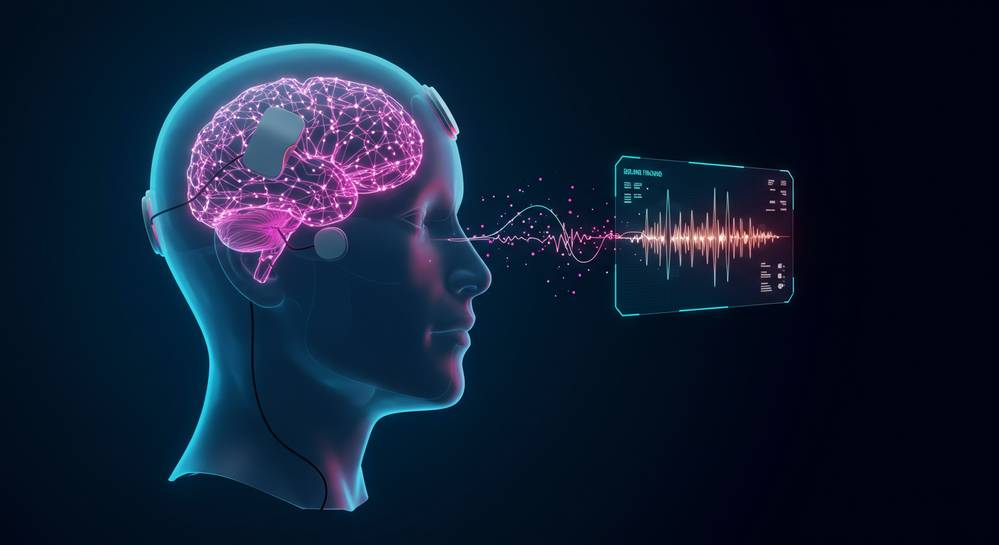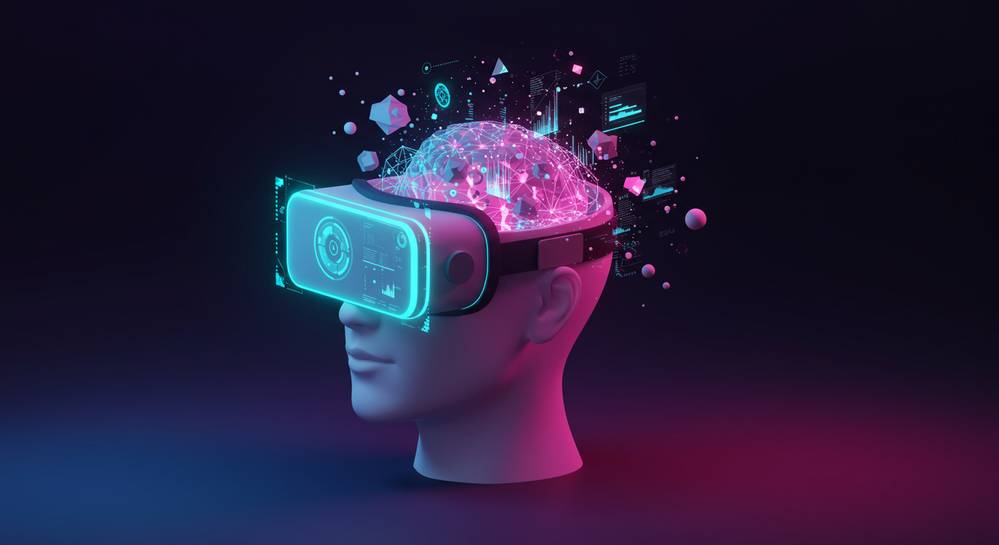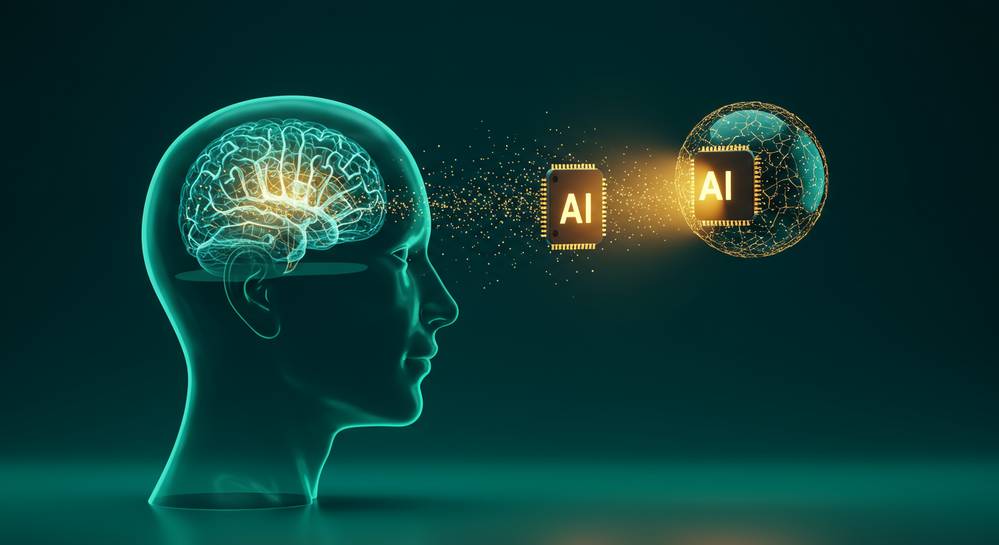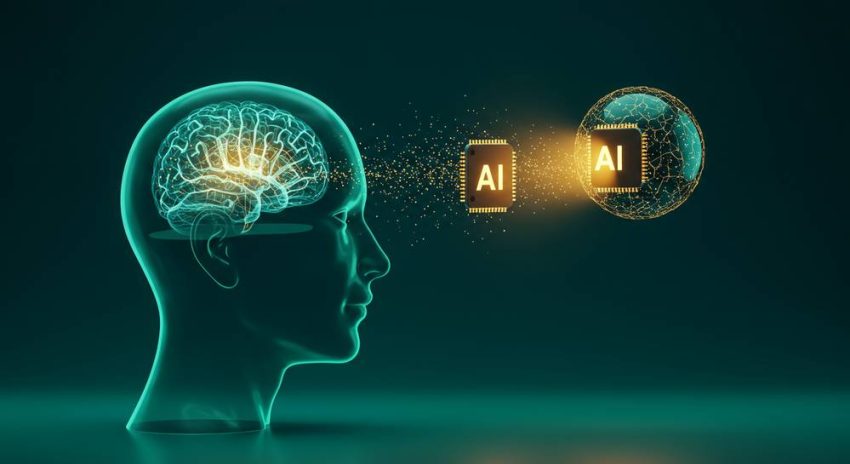The concept of cognitive improvement has moved far beyond simple mobile games and puzzles. The field is currently experiencing a surge of groundbreaking developments. Understanding the latest innovations in brain training technology is key to unlocking new potentials for mental acuity and health. These advancements are shifting the paradigm from generic exercises to personalized, data-driven, and immersive experiences that adapt to your unique neural landscape.
Beyond digital flashcards: the evolution of brain training
Innovations in brain training technology
Modern brain training moves beyond generic games. It uses artificial intelligence to create truly personalized cognitive training programs. These systems analyze your performance in real time, identifying specific strengths and weaknesses. The training then adapts dynamically, ensuring you are always challenged but never overwhelmed. This targeted approach offers a clear path for those seeking to improve their mind health, moving past the limitations of older apps.
- Artificial Intelligence: AI algorithms create adaptive difficulty curves, personalizing exercises based on user performance data.
- Immersive Environments: Virtual and augmented reality (VR/AR) place users in realistic scenarios to practice skills like attention and decision making under pressure.
- Biometric Integration: Platforms now sync with wearables to incorporate data like heart rate and sleep quality, creating a holistic training regimen.
The goal of these innovations is no longer just to get a high score. Instead, the focus has shifted to building resilient, transferable cognitive skills that enhance focus, memory, and problem solving in daily life. This marks a fundamental shift from simple gamification to genuine cognitive enhancement.
Neurofeedback and biofeedback: training your brain in real-time

Neurofeedback and biofeedback explained
Neurofeedback represents a pivotal innovation in brain training technology, enabling you to train your brain directly. Using electroencephalography (EEG) sensors, this technology measures your brainwave activity in real time. It then provides instant sensory feedback, such as a sound or visual cue, to guide your brain toward more optimal patterns. This transforms the abstract goal of improving focus into a tangible, interactive process.
- Direct Measurement: EEG sensors actively monitor specific brainwave patterns associated with states like focus or relaxation.
- Operant Conditioning: The system rewards the brain with positive feedback for producing desired brainwaves, reinforcing that mental state.
- Real-time Adjustment: If you become distracted, the feedback ceases, prompting your brain to self-correct and return to a focused state.
Biofeedback works on a similar principle but incorporates other physiological data like heart rate variability. This provides a more holistic approach to self-regulation. Together, these technologies offer a clear mind health path, empowering you to actively shape your cognitive functions rather than just playing a game.
Immersive technologies: VR and AR for cognitive enhancement

How VR and AR enhance brain training
Virtual Reality (VR) and Augmented Reality (AR) represent key innovations in brain training technology. They move cognitive exercises from a flat screen into an interactive, 3D world. This immersive approach allows for the creation of realistic scenarios that are impossible to replicate with traditional apps. It effectively bridges the gap between training exercises and real-world application, making the learned skills more transferable.
- Spatial Memory: VR environments create complex virtual spaces for users to navigate, directly training brain regions responsible for spatial awareness and memory.
- Attention Management: Developers can introduce controlled distractions within a VR simulation, training users to maintain focus in chaotic environments.
- Clinical Rehabilitation: For patients recovering from brain injuries, VR offers a safe space to practice motor skills, undefined during the recovery process.
By simulating real-life challenges, from navigating a city to managing a busy office, these technologies make cognitive enhancement practical. The skills learned are not just for a game; they are for life. This is a significant leap forward.
Personalized AI and machine learning: the future of cognitive fitness

The role of AI in cognitive fitness
Artificial Intelligence is the engine driving the personalization of modern brain training. Instead of a one-size-fits-all program, AI-powered platforms act as a dynamic cognitive coach. By analyzing your performance on every task, these systems build a unique cognitive profile, identifying your specific strengths and learning patterns. This is a core part of the latest innovations in brain training technology, moving far beyond simple games.
Adaptive difficulty
An AI algorithm continuously adjusts exercise difficulty to keep you in the optimal learning state. This is known as the zone of proximal development. This approach prevents the frustration of tasks being too hard and the boredom of them being too easy. It maximizes both user engagement and genuine cognitive growth, ensuring the training is always effective.
Predictive analytics
Machine learning models can also forecast potential cognitive decline by analyzing long-term performance trends. They can then recommend specific preventative training modules. By tracking subtle changes over time, this technology offers proactive insights. It transforms cognitive fitness from a reactive exercise into a truly preventative health practice.
The journey of cognitive enhancement is entering its most exciting chapter. The fusion of neuroscience with technologies like AI, VR, and biofeedback is creating tools that are not only more engaging but significantly more effective. These innovations promise a future where maintaining and improving brain health is an accessible, personalized, and integral part of our daily lives. To stay updated on these trends, follow the Brain Train Blog for expert insights.
